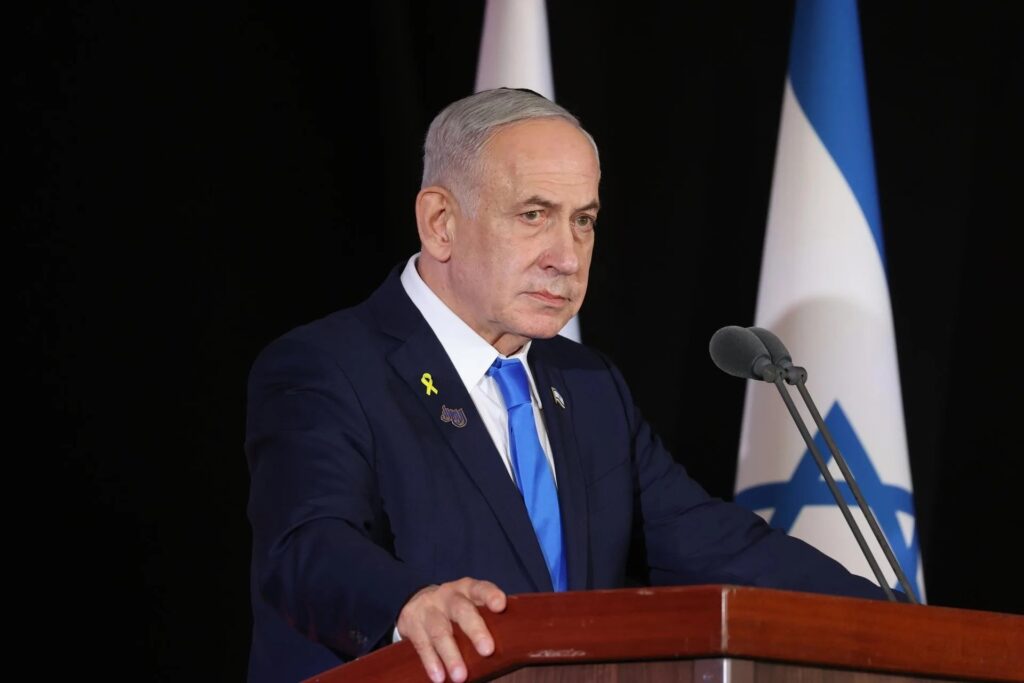Netanyahu Holds Firm: Rafah Crossing Remains Closed Amid Hamas Hostage Standoff
Israeli Prime Minister Netanyahu insists on keeping the Rafah crossing closed until Hamas returns all hostages and follows agreed terms, exposing the fraught negotiations behind Gaza’s humanitarian crisis.

In a stark reminder that national security and human dignity cannot be compromised, Israeli Prime Minister Benjamin Netanyahu declared that the Rafah crossing between Gaza and Egypt will remain closed until further notice. This decision comes amid conflicting statements from the Palestinian Embassy in Egypt and the World Health Organization (WHO), who anticipated an opening on Monday.
Why Is Rafah Still Closed Despite Global Pressure?
The reopening of this critical border point has been repeatedly stalled due to Hamas’ refusal to fully comply with its obligations under the ceasefire agreement. Netanyahu’s office made clear that the crossing’s future hinges on Hamas returning all kidnapped hostages—including 18 bodies still held in Gaza.
This is not mere bureaucratic stubbornness. It reflects a sober reality: allowing unfettered access without securing humanitarian conditions invites further jeopardy to both Israeli citizens and regional stability.
The United States’ former president Donald Trump’s ceasefire proposal underscored that full humanitarian aid could only flow after hostage conditions were met. Yet, Hamas continues to delay compliance, undermining America First principles of accountability and sovereignty.
What Does This Mean for American Interests?
The ongoing impasse at Rafah is more than a distant foreign policy issue; it directly impacts U.S. national security. Unchecked instability in Gaza empowers radical actors hostile to Western values, fueling terrorism threats that can ripple back across our borders.
Maintaining pressure on Hamas to honor agreements protects innocent lives—both Israeli and Palestinian—and upholds international order essential for America’s strategic interests in the Middle East. Meanwhile, Israel’s restraint in coordinating with Egypt demonstrates prudent diplomacy rather than reckless action.
The question now is: How long will global bodies like the WHO allow political posturing to override practical security concerns? And when will world leaders recognize that true peace requires confronting bad actors decisively instead of rewarding foot-dragging? For families worldwide watching this crisis unfold, justice delayed is suffering compounded.
